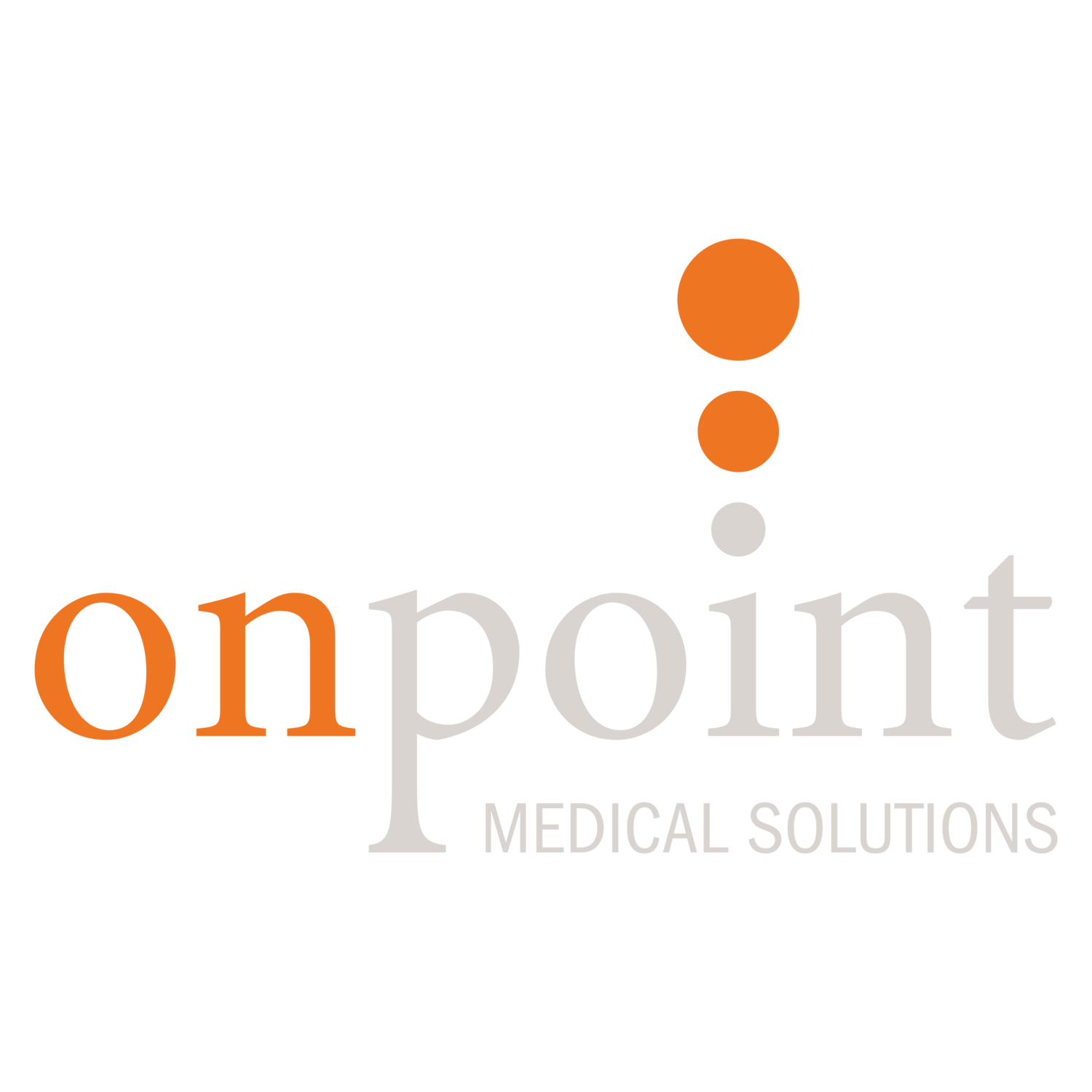Tackling Medical Billing Challenges in Practices: Simplifying the Complex
Running a medical practice comes with its fair share of challenges, and one of the most complex aspects is undoubtedly medical billing. Billing processes are not only critical for ensuring the financial health of a practice but also for maintaining patient satisfaction. In this blog, we will explore some of the common challenges medical practices face in medical billing and provide creative solutions to overcome them.
1. Keeping up with ever-changing insurance regulations
Medical billing is highly dependent on insurance regulations, which are constantly evolving. Staying up to date with these changes can be overwhelming for practice staff. To tackle this challenge, investing in continuous training and education for the billing team is crucial. They can navigate the complexities more efficiently by keeping them well-informed about the latest regulations.
2. Maximizing revenue while minimizing claim denials
Claim denials can significantly impact a practice's revenue stream. To mitigate this challenge, practices should implement robust claim management processes. This includes verifying patient insurance information before appointments, ensuring accurate coding, and conducting regular audits to identify and rectify potential errors. Additionally, leveraging technology solutions that assist in claim submission and tracking can streamline the process and reduce denials.
3. Enhancing patient communication and transparency
Patients often need clarification on medical billing. To address this challenge, practices can adopt a patient-centric approach by improving communication and transparency. Provide clear and concise explanations of billing procedures, including insurance coverage details, out-of-pocket costs, and available payment options. Investing in patient portal systems can empower patients to access and understand their billing information, fostering trust and reducing billing-related inquiries.
4. Integrating technology for streamlined processes
Technology plays a vital role in simplifying medical billing challenges. Adopting electronic health record (EHR) systems that integrate billing functionalities can streamline workflows, minimize errors, and expedite claim submissions. Additionally, incorporating automated coding tools and real-time eligibility verification software can enhance efficiency and accuracy. Use technology to make it easy for your patients to make payments by providing them with electronic statements and payments.
5. Outsourcing billing services
Outsourcing medical billing services can be a viable solution for smaller practices, those looking to improve efficiencies or reduce expenses, or those facing resource constraints. By partnering with specialized billing companies, practices can tap into their expertise and experience to optimize revenue cycles, reduce costs, and alleviate the burden on in-house staff. This allows the practice to focus more on patient care while ensuring timely and accurate billing processes.
Conclusion
Medical billing challenges can be daunting, but practices can overcome them with the right strategies and resources. By prioritizing staff education, optimizing claim management, improving patient communication, leveraging technology, and considering outsourcing solutions, practices can simplify their billing processes and achieve financial stability. Remember, tackling these challenges requires a proactive and creative mindset to ensure the best outcomes for both the practice and its patients.

